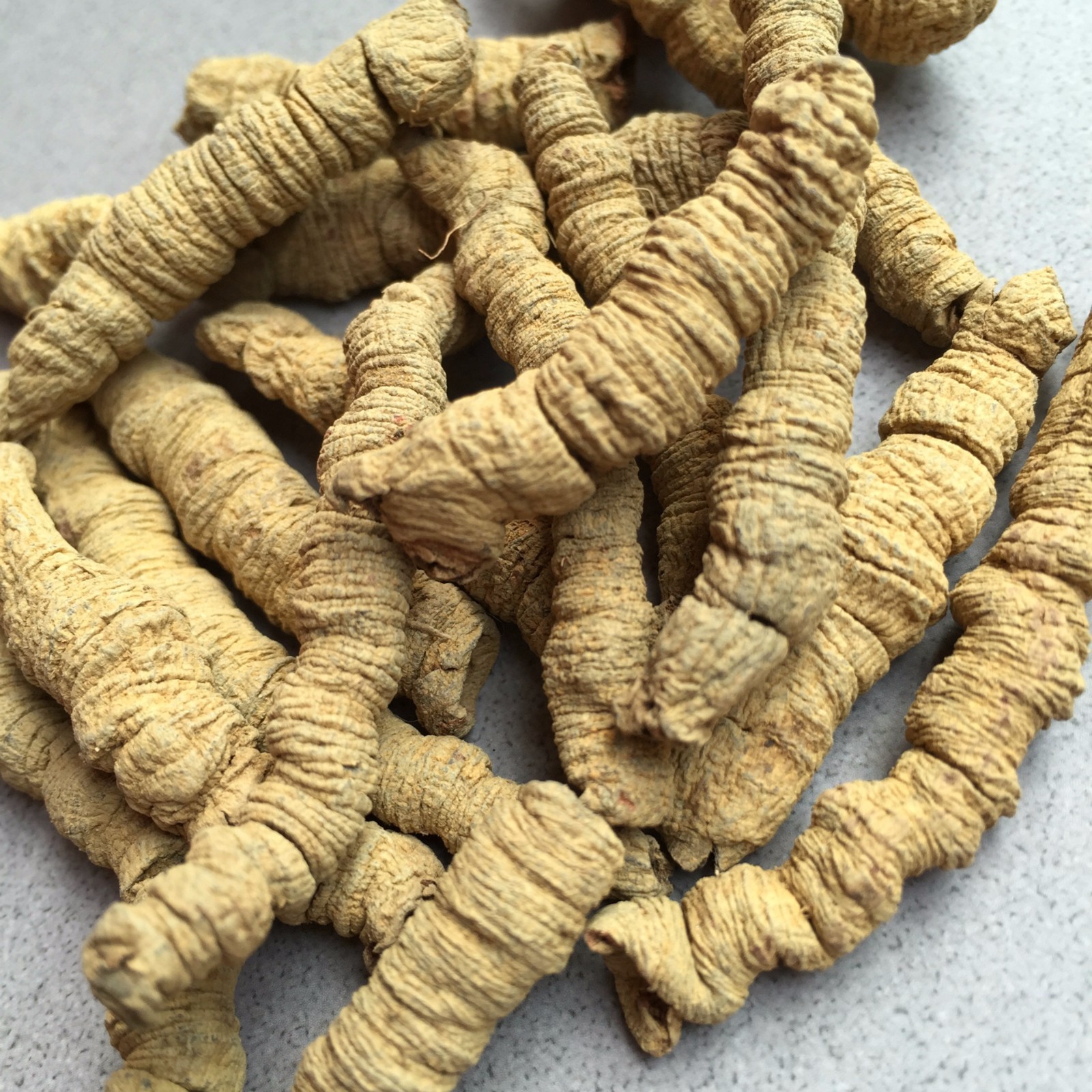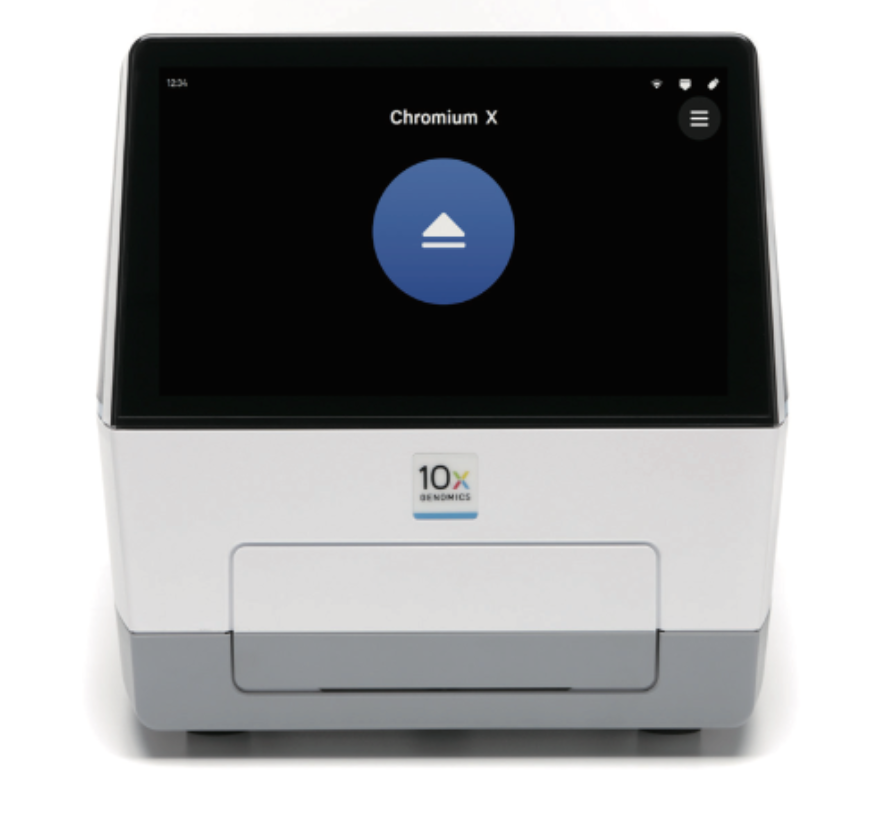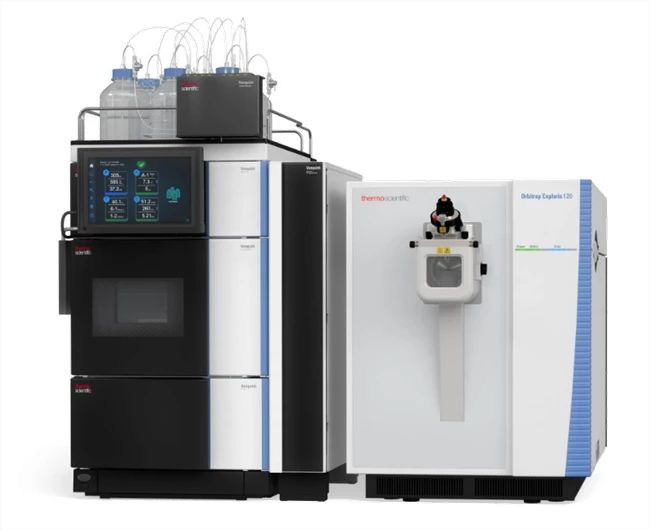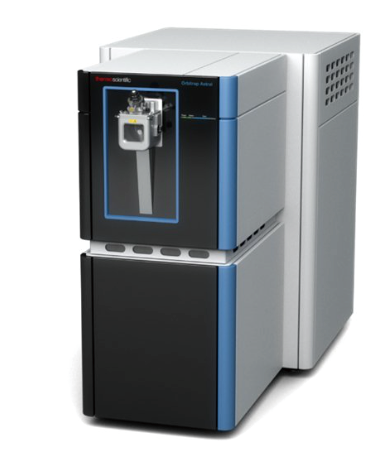
Gut microbiota influences the central nervous system disorders such as Alzheimer’s
disease (AD). The prebiotics and probiotics can improve the host cognition. A previous
study demonstrated that fructooligosaccharides from Morinda officinalis (OMO) exert
effective memory improvements in AD-like animals, thereby considered as potential
prebiotics; however, the underlying mechanism still remains enigma. Thus, the present
study investigated whether OMO is effective in alleviating AD by targeting the microbiota-
gut-brain axis. OMO was administered in rats with AD-like symptoms (D-galactose-
and Aβ1?42-induced deficient rats). Significant and systematic deterioration in AD-like
animals were identified, including learning and memory abilities, histological changes,
production of cytokines, and microbial community shifts. Behavioral experiments
demonstrated that OMO administration can ameliorate the learning and memory abilities
in both AD-like animals significantly. AD parameters showed that OMO administration
cannot only improve oxidative stress and inflammation disorder, but also regulate the
synthesis and secretion of neurotransmitter. Histological changes indicated that OMO
administration ameliorates the swelling of brain tissues, neuronal apoptosis, and down-
regulation of the expression of AD intracellular markers (Tau and Aβ1?42). 16S rRNA
sequencing of gut microbiota indicated that OMO administration maintains the diversity
and stability of the microbial community. In addition, OMO regulated the composition
and metabolism of gut microbiota in inflammatory bowel disease (IBD) mice model
treated by overdosed antibiotics and thus showed the prebiotic potential. Moreover,
gut microbiota plays a major role in neurodevelopment, leading to alterations in gene
expression in critical brain and intestinal regions, thereby resulting in perturbation to the
programming of normal cognitive behaviors. Taken together, our findings suggest that
Frontiers in Aging Fructooligosaccharides from Morinda officinalis for Alzheimer’s Disease
the therapeutic effect of the traditional medicine, M. officinalis, on various neurological
diseases such as AD, is at least partially contributed by its naturally occurring chemical
constituent, OMO, via modulating the interaction between gut ecology and brain
physiology.
Keywords:
fructooligosaccharides, prebiotics, Alzheimer’s disease, behavior, microbiota-gut-brain axis





















